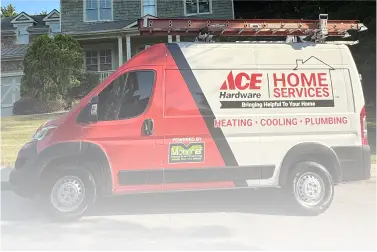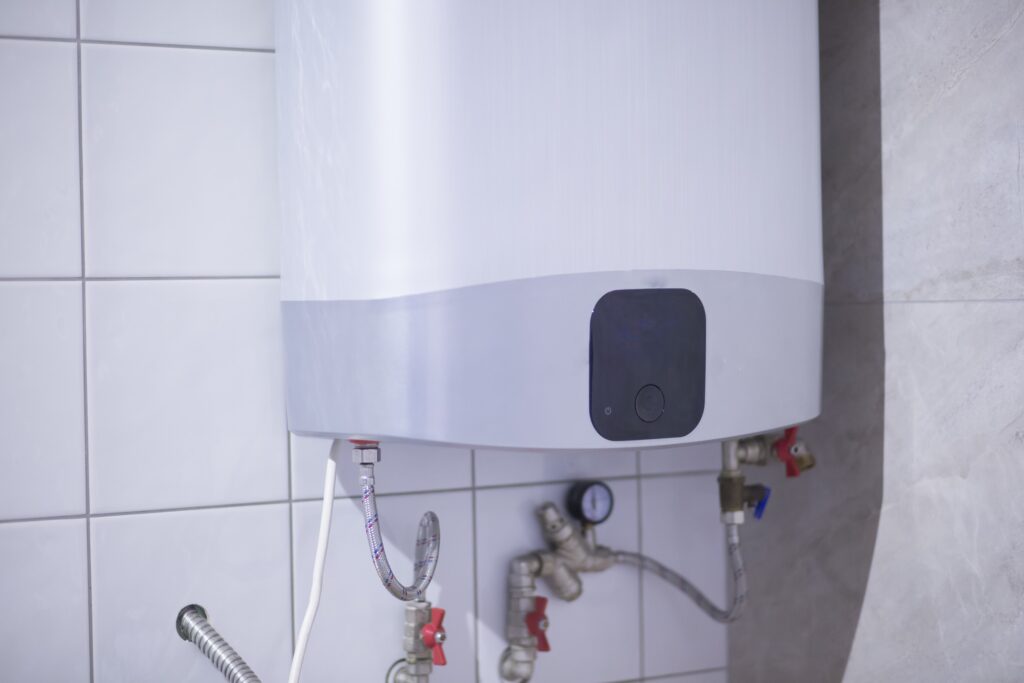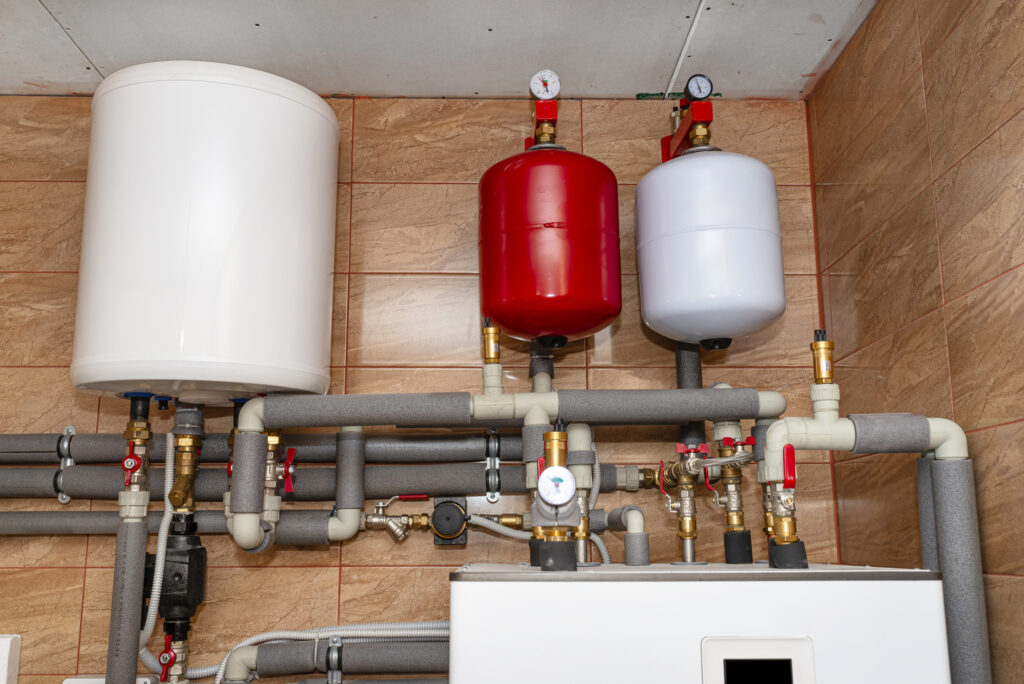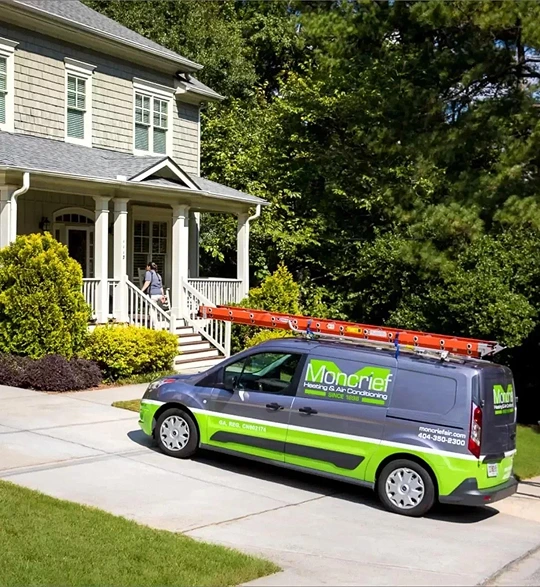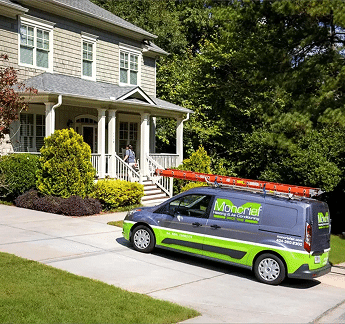
The comfort of having warm water at our fingertips is a luxury often taken for granted—until the day our water heater begins to malfunction. The ordeal of a water heater overheating can pose not only a threat to your comfort but also your safety. Let’s look at a few reasons why this might happen and what can be done to mitigate the issue.
Understanding the Heating Process
Two prevalent types of water heaters, gas water heater and electric, fulfill the identical function of heating water, though they employ different methods. Gas heaters utilize burners inside the unit, heating the water to the preset thermostat temperature, after which the burner switches off until reheating is necessary. On the other hand, electric water heaters convert electrical energy to heat through resistant materials, effectively warming the surrounding water.
The Issue With High-Temperature Settings
Occasionally, a simple mistake like misadjusting the thermostat can lead to hot water heater overheating. Water heaters typically function between 90-120 degrees Fahrenheit, but sometimes, a minor unintentional adjustment can lead to water scalding issues. A quick check and recalibration of the thermostat might be the easiest initial step to troubleshoot hot water tank overheating.
A Deeper Look at Thermostats
Thermostats maintain the on-and-off cycle of water heating elements, and their malfunction could lead to a plethora of issues, potentially causing the heater to produce excessively hot water. For instance, if the thermostat or its safety features fail, it might continuously power the heating elements, causing the water to reach unsafe temperatures.
Read More: Understanding How Thermostats Work
Battling Mineral Accumulation
Minerals that escape filtration can accumulate when water is heated, either sinking to the water heater’s base or enveloping the heating element. This sediment layer can inhibit efficient heating, causing the elements to work harder and potentially overheat, reducing the lifespan of internal components. Flushing the tank periodically can help you mitigate this problem and avoid signs the water heater is going out.
A Blocked Relief Valve
If the pressure relief valve of your water heater becomes obstructed, the inability to release built-up steam may cause the water and the unit to become unexpectedly hot, potentially leading to tank damage and personal injury. An audible boiling sound within the tank indicates that you should disable the power to your water heater and contact a professional immediately.
For over 50 years, our experienced team has been diagnosing and solving heating and air repair issues in Atlanta. If your water heater is giving you trouble, or you’re noticing issues beyond standard troubleshooting, Moncrief Heating & Air Conditioning is here to assist you. Contact us today and ensure your home remains a haven of comfort and safety.


